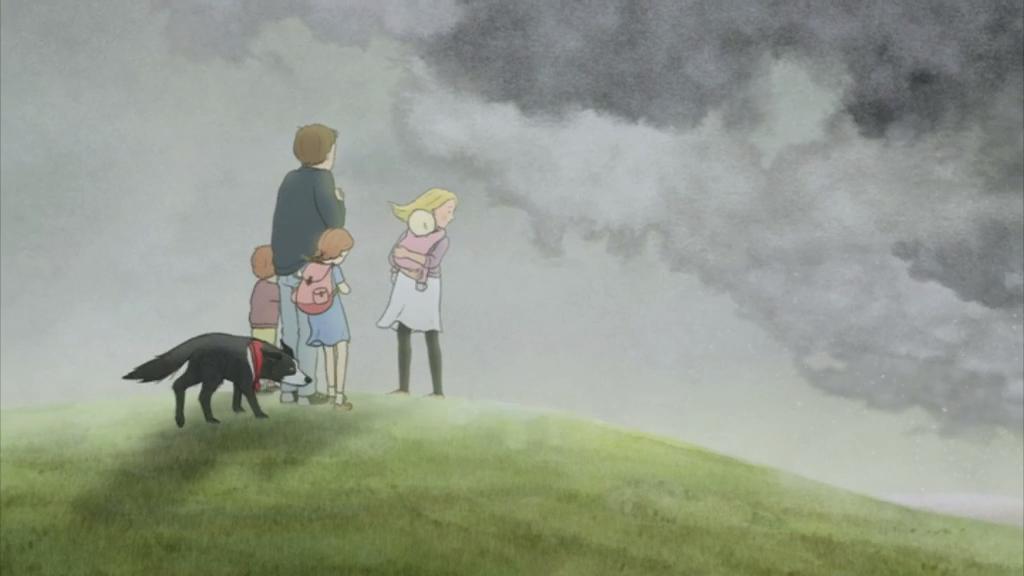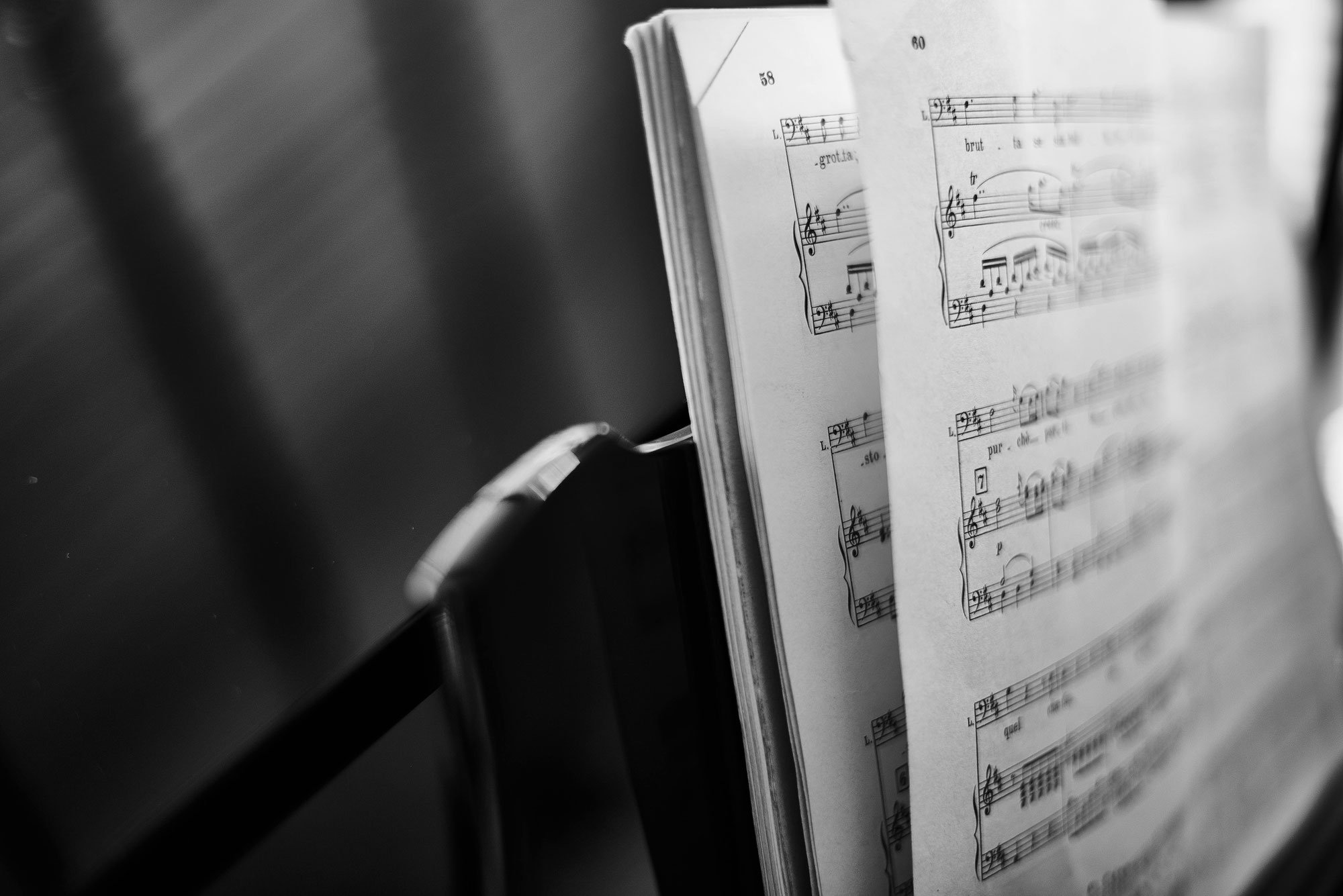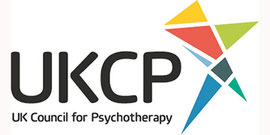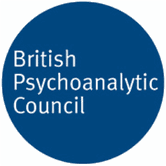In a culture that celebrates "positive thinking," we often want to avoid discomfort, negative thoughts, and troubling feelings. Gabor Maté argues there is value in being conscious of all our reality without judgment. By allowing ourselves to “think negatively,” we deepen self-awareness, strengthen relationships, and live more authentically.
The children’s story, ‘We’re Going on a Bear Hunt,’ by Michael Rosen, offers a good metaphor for the journey we take towards healing. In this article, I use this classic piece of children’s literature to illustrate the internal conflict within our minds that often trips us up.
Netflix series Russian Doll, released in February 2019, plays with the psychological concept of ‘repetition compulsion’ to produce a dark comedy that offers an apt metaphor for the re-emergence of childhood trauma in adulthood.
The film ‘10 Cloverfield Lane’ has been discussed as a metaphor for abuse, but it is also, I think, a metaphor for the turmoil of our inner world when traumas from our past impede our capacity to live an authentic life in the present.
Like a Highway Code for our inner world, feelings guide us, offering important information about our environment. When we feel safe, contented and hopeful, for instance, like a green light, our psyche is signalling it is safe to explore. When we feel threatened, our mind is sending an amber warning telling us to take heed. How do we come to know and trust our feelings?
How often have you heard someone say: “I NEED need my mobile”? We seem to need our smartphones like we need our shoes. Mobile phone addiction is, supposedly, a real and current problem. Numerous articles now advise how to overcome our dependency. But can we really be addicted? And how can we make sense of this?
As babies, we are born with a whole rainbow of emotions. Like musical notes to the beginner, they make no sense. Our first caregiver, usually our mother, is instrumental in bringing meaning to our emotional selves. In this blog post, I use the experience of learning to play music as a metaphor for the experience of being in therapy.










